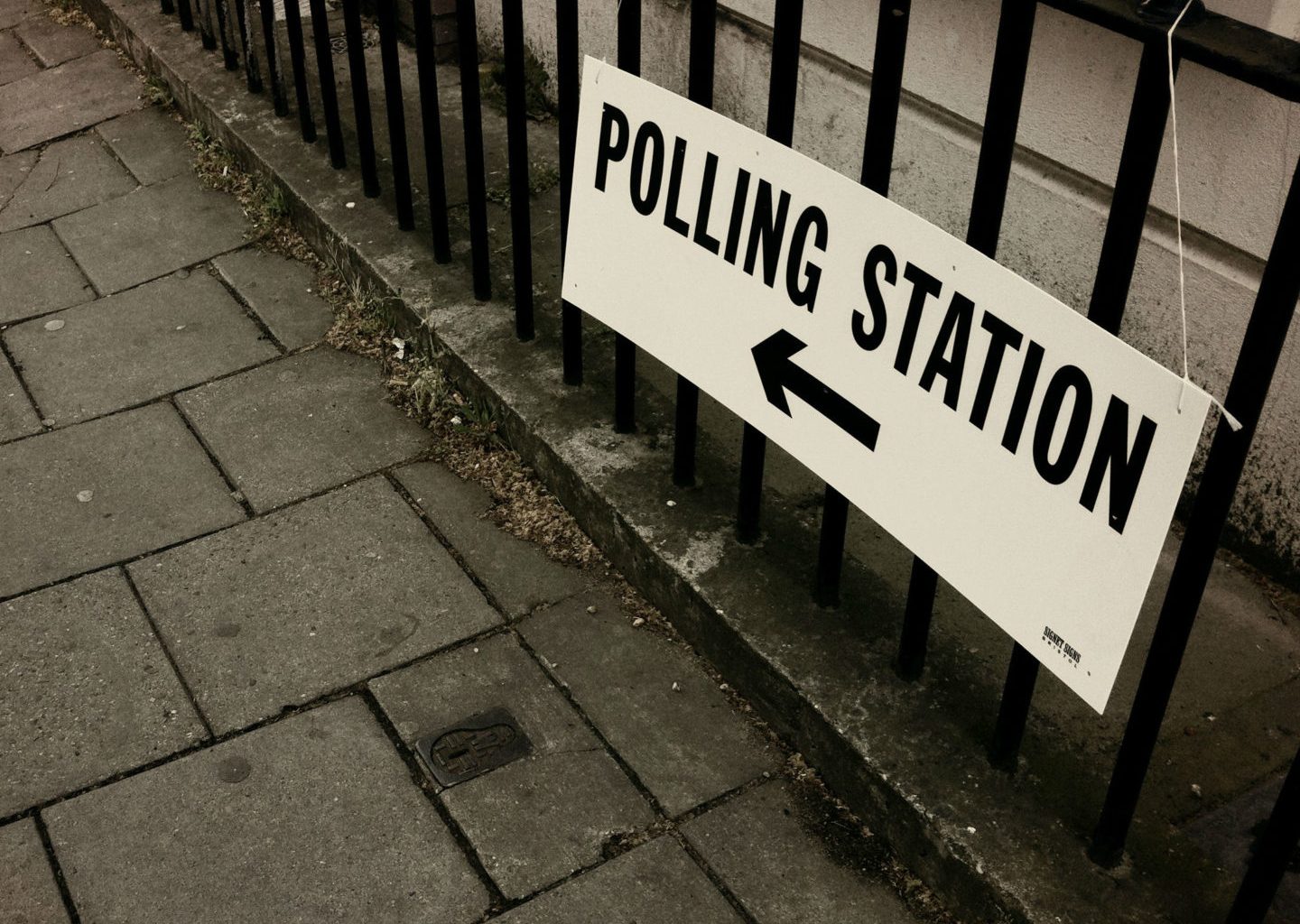In 2015, a change in the law meant 16 and 17-year-olds were allowed to vote in Scottish elections nationally and locally.
The engagement of young people in the independence referendum the year before convinced politicians that the franchise should be extended permanently.

On 16 April, former Labour MP and current columnist Tom Harris argued against this on Twitter, claiming that “no serious mature democracy” extends voting rights to 16-year-olds. He was writing in agreement with a tweet from Spectator journalist Fraser Nelson.
https://twitter.com/MrTCHarris/status/853714163356626945
Ferret Fact Service (FFS) decided to examine Harris’s statement, and found that there are mature democracies that allow 16-year-olds the vote. He was therefore incorrect.
Evidence
It is not clear what Harris defines as “mature democracies” other than countries where free and fair elections have been held for a significant, uninterrupted period.
Since the collapse of communism across the world, the number of countries under liberal democracy has increased. Between 1974 and 1990, at least 30 countries made democratic transitions. Scholar Samuel Huntington described this as the Third Wave of democratisation.
Huntington favoured a ‘two turnover test’ which meant that after a new democracy has survived two turnovers of power it has consolidated satisfactorily, but this has been criticised as overly simplistic.
A broader picture of a country’s democratic status comes from the Economist Intelligence Unit’s widely-cited Democracy Index, which measures a number of criteria each year to determine democracy around the world.
According the 2016 index, almost one-half (49.3 per cent) of the world’s population lives in a democracy of some sort. The number of “full democracies” was considered to be 19 (the US having dropped below the threshold last year).
Of those considered full democracies, Norway, Switzerland, Austria, Germany, parts of the British Isles (Scotland, Jersey, Guernsey, Isle of Man), and Malta have given 16-year-olds voting rights at differing electoral levels.
Within the EU, it has been Austria which pioneered the policy, allowing 16-year-olds to participate in all elections from 2007. Scotland and a number of other European countries also give similar voting rights. Estonia, Malta, Norway and many German länder (federal states) have allowed 16-year-olds to vote in local elections.
Outside Europe, the initiative on allowing younger people to participate has mostly been found in South America where 16-year-olds can vote in Brazil, Argentina, Nicaragua and Ecuador.
But are these countries “serious mature democracies”?
Austria has now had a democratic government for more than 60 years. Currently it is considered to be the 14th most democratic country on earth by the Democracy Index, higher than the UK.
As for Norway, which has trialled 16-year-olds voting in its two most recent local elections, it was considered to be the world’s most democratic country in 2016. It is a parliamentary democracy and constitutional monarchy which has been in operation consistently since liberation from Germany after the Second World War.
Germany allows 16 year olds to vote in some of its federated states, and has been in an uninterrupted period of democratic rule since reunification of East and West in 1990. It has been rated the 13th most democratic nation in the world, and now has perhaps the most significant voice in Europe.
There is some debate over whether the South American countries which allow the vote for 16-year-olds can be considered mature democracies. While Brazil has been democratic since the 1980s, there is an extremely low level of trust in institutions among the public, and the country has struggled with corruption. Argentina has suffered similar issues since democratising.
Ferret Fact Service verdict: False
Harris’s claim is clearly false. While it is not exactly clear what he means by “serious mature democracy”, by any measure Austria, Germany and Norway are established democracies and have all allowed the extension of the franchise to 16-year-olds in different forms.
Ferret Fact Service (FFS) is a non-partisan fact checker, working to the International Fact-Checking Network fact-checkers’ code of principles. All the sources used in our checks are publicly available and the FFS fact-checking methodology can be viewed here. Any questions or want to get involved? Email us at factcheck@theferret.scot or join our community forum.
Harris did not respond to an FFS request to provide supporting evidence for his claim.
Photo thanks to John Keane,CC BY-SA 2.0
https://www.sharethefacts.co/share/08973fd1-4e73-4abd-b5ad-f436c471520eCorrection: This fact check originally stated that Jersey, Guernsey and the Isle of Man were part of the United Kingdom, when in fact they are British Crown dependencies which form part of the British Isles.















